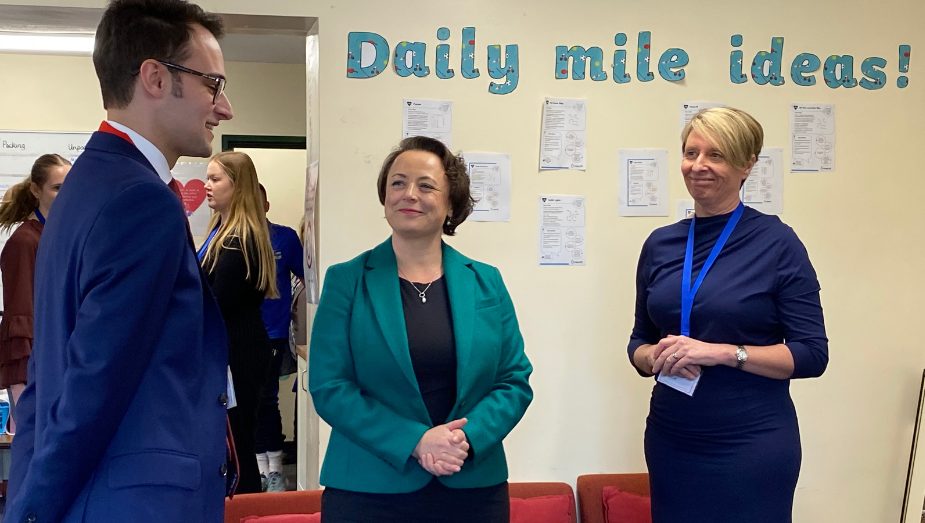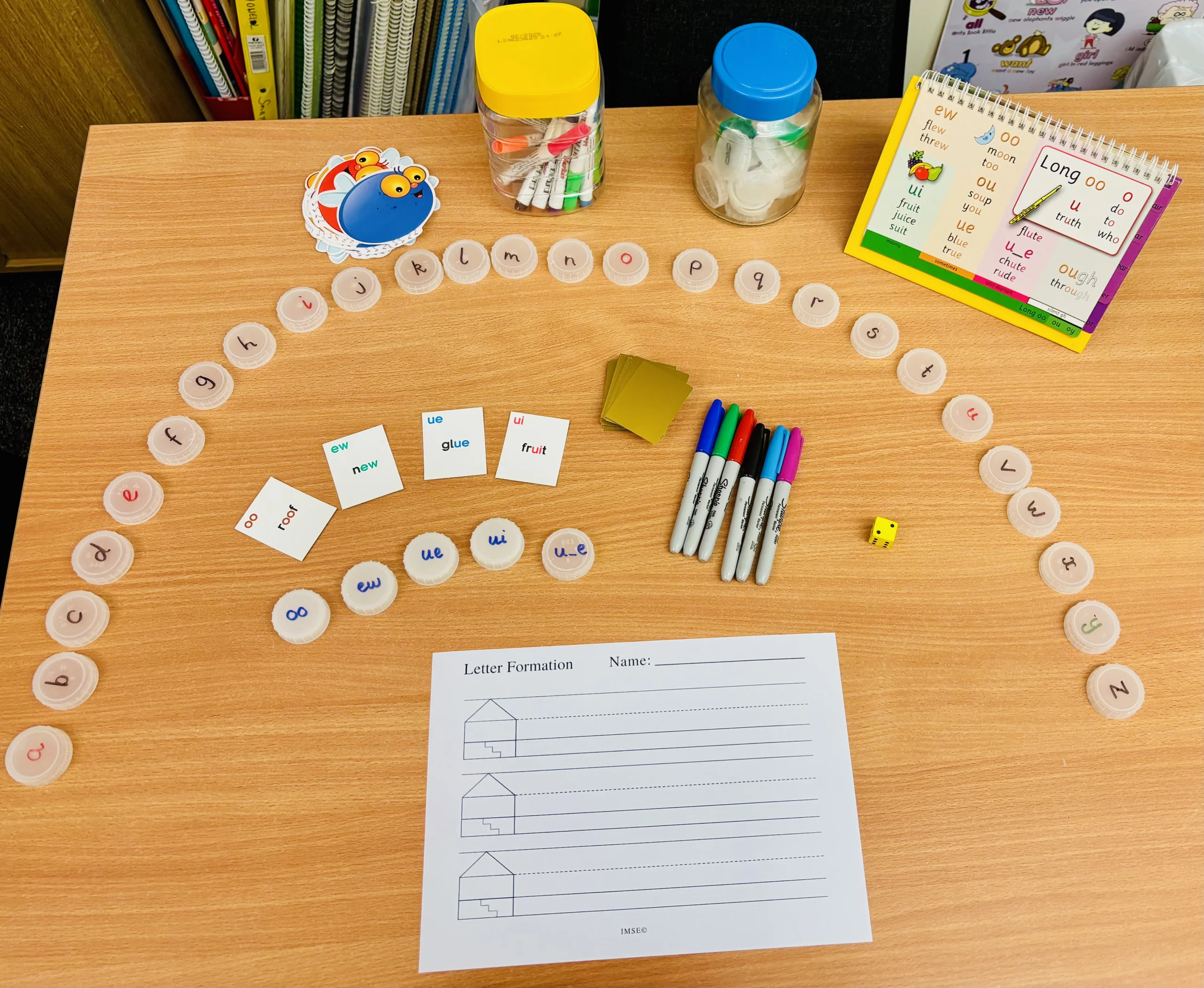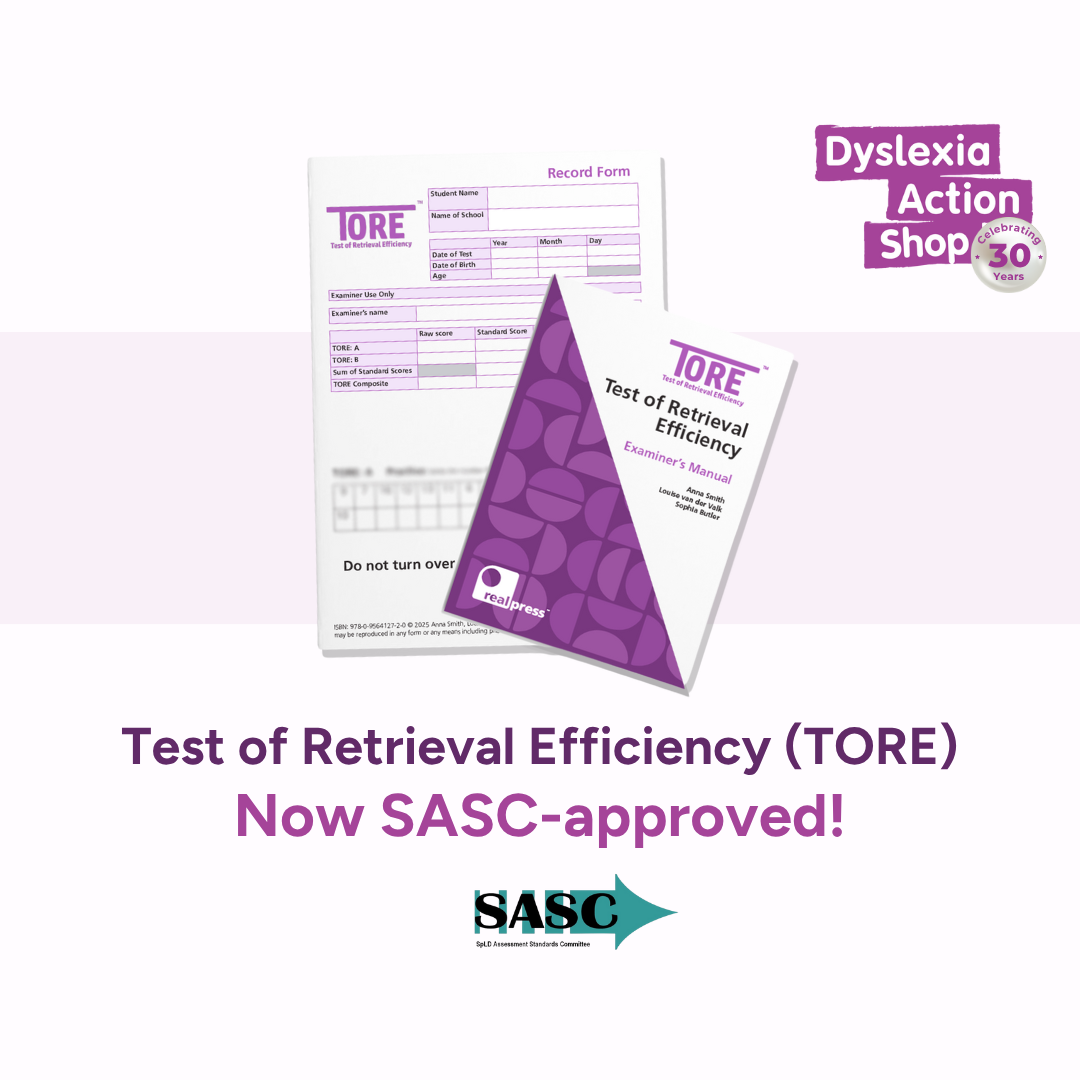Admin |
August 3, 2018
Following our recent summer graduation ceremony at Middlesex University, we spoke with some of our graduates on their experiences of studying at Masters level, from their hopes and aspirations through to their advice to peers thinking about making the leap into the world of study once more.
Paula Smith
What made you take the leap into taking a masters course?
I was two-thirds of the way through and my head teacher persuaded me to go for it.
What did you hope to learn and achieve? And did the course meet those hopes?
Yes absolutely, I learnt such a lot, particularly about organisation and timekeeping. I gave up every weekend and holiday to work on my MEd which at the time was really challenging with a full-time job and family. However, when I got the first email to say it was likely I had gained a Merit, I was ecstatic, I really couldn’t believe it. Always thought because of my work commitments I would get a Pass. The feeling when I walked out with my blue gown on at graduation was an overwhelming sense of achievement. For someone, who left school with a few O’levels and have studied most of my adult life, this is the pinnacle.
Why did you opt to study with Real Training?
They were so flexible and accepted the credits from my PGCert and SENCo qualification. The website and portal are extremely user-friendly.
What is the most interesting thing you learned in your studies – about the subject or yourself?
As above, the subject I will take forward into my professional life. I love the fact that the letter after my name is on the school headed paper!
What would you say to a friend or colleague thinking of embarking on a Masters?
You can do it if you put your mind to it. You need the support of work or home, or both to get you through the tough times. Resilience, time management and organisation are key!
If you could sum up your experience studying with us in one word, what would it be?
Brilliant, timely support from my Tutor, who was so positive and boosted me when I felt I couldn’t do it. User-friendly portal, which in itself is so organised already for you.
Caroline Jones
What made you take the leap into taking a masters course?
I embarked upon my first master’s course in 2009 because my nine-year-old son was struggling in mainstream education as a result of a hearing impairment, dyspraxic and dyslexic tendencies. I wanted to be able to help him achieve his potential but realised more specialist help was needed. It was then I signed up for a PG Cert in Dyslexia and Literacy with Dyslexia Action and validated by York University.
What did you hope to learn and achieve? And did the course meet those hopes?
My intention was to assist him in improving his reading, writing and spelling skills by studying a specialist course which I could apply to the children I taught in my mainstream classes. At this time, the government was encouraging teachers to become specialists in response to the Rose Report, which found that there was a deficit in professionals with the required skills and advocated that all teachers should be trained to identify and teach dyslexic children. However, whilst completing this challenging programme, there was no additional time available to assist my son. However, I am now able to put the skills learnt into practice.
Why did you opt to study with Real Training?
I noticed that Real Training advertised the CCET course as a natural follow-on to the postgraduate dyslexia course I had just completed. I wanted to have some more in-depth knowledge of assessment procedures and report writing; I also noticed that by completing this course, I could port credits towards a master. Up until this point, I hadn’t really contemplated studying to such a degree, except that I recall my late father, saying to me, before he died in 2009, “I think you could do a master’s degree you know,” so with his words in my mind, I became determined to fulfil his wishes. I was very impressed with the way Real Training explained the various routes that could be taken. I then completed the CCET Skills and Knowledge course and partner Application and Reflection module, Educational Testing. I was extremely grateful for the support given and professionalism shown by Real Training which motivated me to complete the final Enquiry Module.
What is the most interesting thing you learned in your studies – about the subject or yourself?
Before I embarked on this journey, I would never have believed I would complete a master’s degree in Special Educational Needs and Disability. However, the more I researched the subject, the more interested I became and I developed an insatiable thirst to find out more. This, however, would not have been possible without Real Training, who made me believe in myself; thank you! I was also inspired by other delegates’ posts about their thoughts and experiences, especially on completion of the final Enquiry Module and photographs of them at their graduation.
What would you say to a friend or colleague thinking of embarking on a Masters?
I would have no hesitation in encouraging anyone thinking of embarking on a masters with Real Training to take that step of faith and do it! My experience has been extremely positive, as the website is crystal-clear to work through and all the resources are easily accessible. I was grateful for the swift response to queries, dedication and positive guidance from all the tutors and to have the opportunity to message other delegates on the website.
If you could sum up your experience studying with us in one word, what would it be?
Empowering.
Francis Garbutt
What made you take the leap into taking a masters course?
The regulations for the role of a SENCO require that one completes the National Award for SEN Coordination, thus my employer offered to pay the tuition fees if I would complete the course as part of my CPD. Yet, I also enjoy CPD and learning and thus was thrilled when this opportunity arose. I successfully completed a Masters in Education in 2013 and thus this was another great opportunity to extend my skills and knowledge within the field of Education and Special Educational Needs provision.
What did you hope to learn and achieve? And did the course meet those hopes?
I hoped to learn more about the legislations and law behind SEN provision and how this applies in my context (an international school in Germany which offers GCSE and International Baccalaureate to pupils) and what this would mean for my role as SENCO for Secondary pupils. Furthermore, I wished to know more about the leadership aspect of the role and how this can be combined with working closely with so many diverse staff.
The course allowed me to learn a great deal about my own expectations, realities of the role and how to compromise between the both to achieve the best possible outcome for pupils. Furthermore, I learnt more about frameworks and methods on how to run a SEN Department and which steps needed to be taken to make inclusion a whole school matter and to have as many staff on board with the provision we offer. I have a long way to go but the course allowed me to build a solid foundation and know where to find answers to questions, if they arise.
Why did you opt to study with Real Training?
I had completed another course in London with Real Training and was impressed with the support, professionalism and thoroughness of the course. Thus, I suggested to my employer to go through Real Training to complete the NASENCO course.
What is the most interesting thing you learned in your studies – about the subject or yourself?
Resilience and support from others are fundamental qualities which I have taken from the course. I was not just provided with knowledge, resources and ideas on how to successfully become and be a SENCO who achieves the best possible outcome for pupils; but it reminded me why I chose the role in the first place and that research, collaboration and resilience pay off and are needed in this role.
What would you say to a friend or colleague thinking of embarking on a Masters?
I would strongly recommend a Masters or any other postgraduate study because it enriches your work and allows you to grow as a professional whilst learning to root your work in research and not just intuition or “old, tested methods”. Furthermore, it allows you to become more critical of established mechanisms and look at your job from different angles to be able to improve your work and skills.
If you could sum up your experience studying with us in one word, what would it be?
Worthwhile (commitment).
Sharon Simpson
�What made you take the leap into taking a masters course?
My reasons for taking the leap into taking a masters course were three-fold. Firstly, I had come to the place where I wanted to reflect more deeply and systematically on my work as a SEN teacher, in order to improve my practice.
Secondly, five years had passed since completing a Post Graduate Diploma. I needed another 60 credits to gain a Masters Degree, so it was now or never!
Thirdly, having recently taken on a part-time role as a specialist study support tutor in higher education, I believed that by studying at this level again, I would have a current and personal appreciation of all that is involved, enabling me to offer more effective support.
What did you hope to learn and achieve? And did the course meet those hopes?
I undertook an Enquiry-based module in SEND Practice, hoping to learn more about the challenges faced by learners with adequate decoding skills but who nevertheless experience significant reading comprehension difficulties. I also wanted my studies to benefit my (school) work setting and this was achieved through the action research framework employed for my enquiry project. Additionally, the skills I gained have been useful in my HE role, particularly when supporting third-year students with their dissertations and final projects.
Why did you opt to study with Real Training?
Firstly, I opted to study with Real Training because they offered an affordable distance learning course and accepted my previous post-graduate training as accredited prior learning (APL). This meant that I did not have to start again in order to gain a full Masters degree. Secondly, training in research skills was part of the course so I did not need to take a bridging module. Last but not least, I had heard from a colleague that studying with Real Training was “very good!”
What is the most interesting thing you learned in your studies – about the subject or yourself?
I have learned so much through my studies. For me, the most interesting thing is that I now appreciate the meaning of research in an academic sense and have discovered a systematic and accessible way of becoming a reflective practitioner. Looking back on my research design checklist and all that needed to be accomplished alongside work and family commitments, I am also reminded of how a determination to succeed can strengthen resilience when challenges arise.
What would you say to a friend or colleague thinking of embarking on a Masters?
For someone considering a Masters, I would say:
- Be very clear in your own mind about why you want to do this
- Get good advice so you choose a pathway which is right for you
- Be realistic about how and when you will make time for your studies
- Be organised and self-disciplined – you’ll have to make some sacrifices
- Go for it!
If you could sum up your experience studying with us in one word, what would it be?
Impressive!









What do you think?